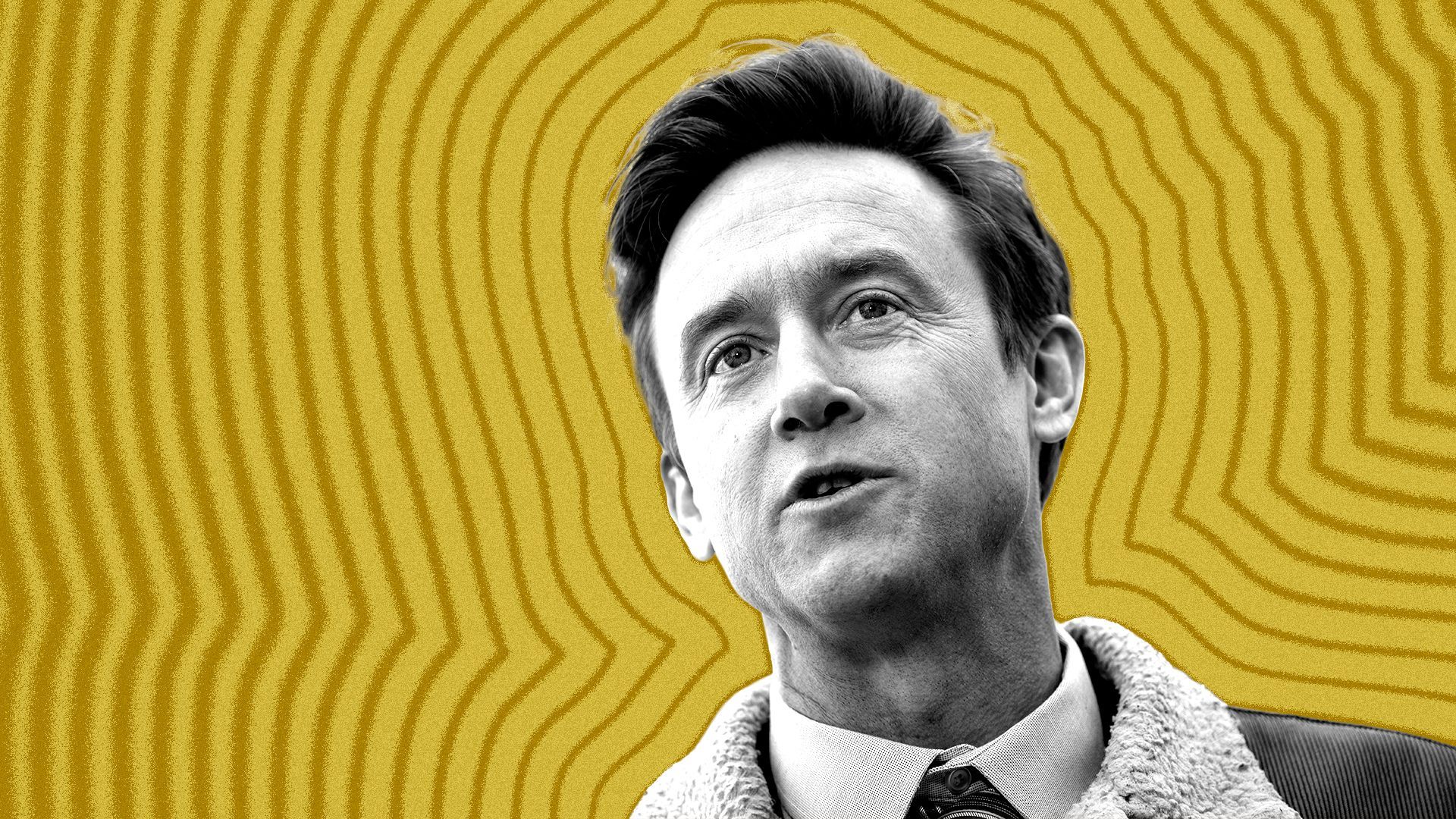Posted on: January 2, 2025
Source: Axios Denver
Written by Esteban L. Hernandez

Denver Mayor Mike Johnston’s 2025 affordable housing goal isn’t public yet, but he’s cautioning that any new benchmark will be “tougher” to meet this year than last year.
The big picture: Denver needs roughly 45,000 affordable housing units over the next 10 years to meet local demand, something Johnston’s proposed tax hike intended to pay for — but voters rejected the measure in the fall.
Why it matters: A tight local budget, compounded by a loss in federal pandemic aid, means less money for building and preserving affordable units.
State of play: 3,022 affordable units were opened, preserved or secured last year, according to data provided Monday by the mayor’s office.
- That figure is slightly higher than Johnston’s intended 2025 goal of 3,000; the city has historically helped develop about 1,500 units a year, Johnston said.
Reality check: Federal pandemic aid dollars helped pay for units last year, but that money — about $100 million — won’t be available this year.
Yes, but: Johnston said the city will still aim for around 3,000 affordable units in 2025.
- Paying for these units could include public-private partnerships, using public land, and providing rental subsidies to make units affordable, Johnston said Monday.
- The mayor said he supports the idea behind social housing — a model that Denver City Council’s progressive bloc backs — which involves mixed-income housing potentially owned or financed by the city.
Zoom out: The affordable units developed last year are mostly income-restricted, Johnston said.
- They include new affordable housing complexes — like the 82-unit The Rose on Colfax, which opened last January — and programs that provide direct rental subsidies through programs like vouchers.
What’s next: The city intends to release its 2025 goals on Jan. 29.
Source: Axios Denver
Posted in: News